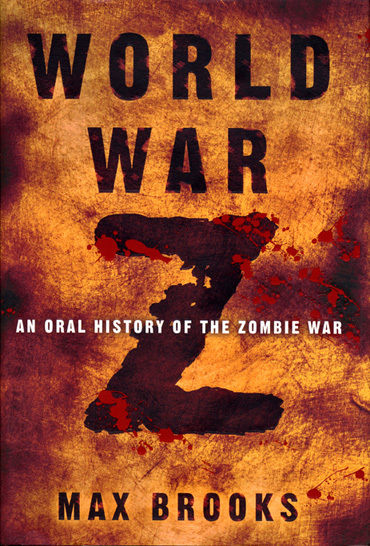What do you think?
Rate this book


342 pages, Hardcover
First published September 12, 2006
The Written Review
New week, New BookTube Video - all about the best (and worst) literary apocalypses to live through!

The monsters that rose from the dead, they are nothing compared to the ones we carry in our heartsThe vignettes are absolutely riveting. There's a bit of the regular zombie murder mayhem but the story focuses on the human side of things. How the survivors, survived.
Most people don't believe something can happen until it already has.Audiobook comments:
 come to my blog!
come to my blog!


Most people don’t believe something can happen until it already has. That’s not stupidity or weakness, that’s just human nature.
...
Looking back, I still can't believe how unprofessional the news media was. So much spin, so few hard facts. All those digestible sound bites from an army of 'experts' all contradicting one another, all trying to seem more 'shocking' and 'in-depth' than the last one. It was all so confusing, nobody seemed to know what to do.